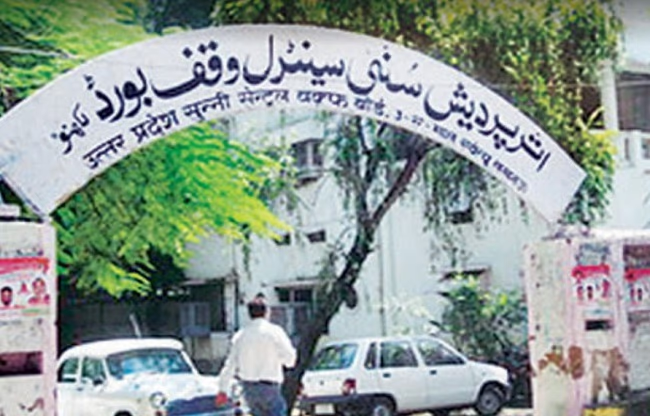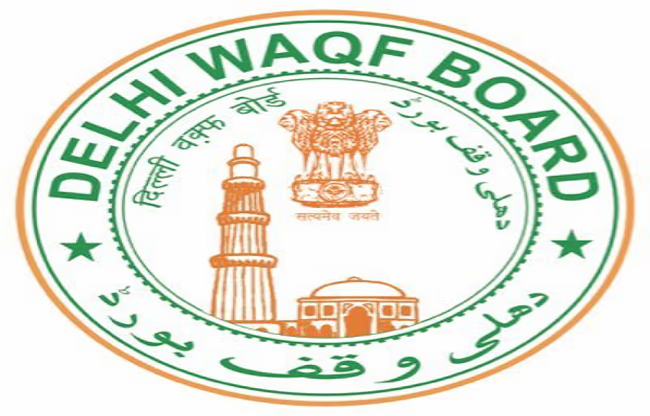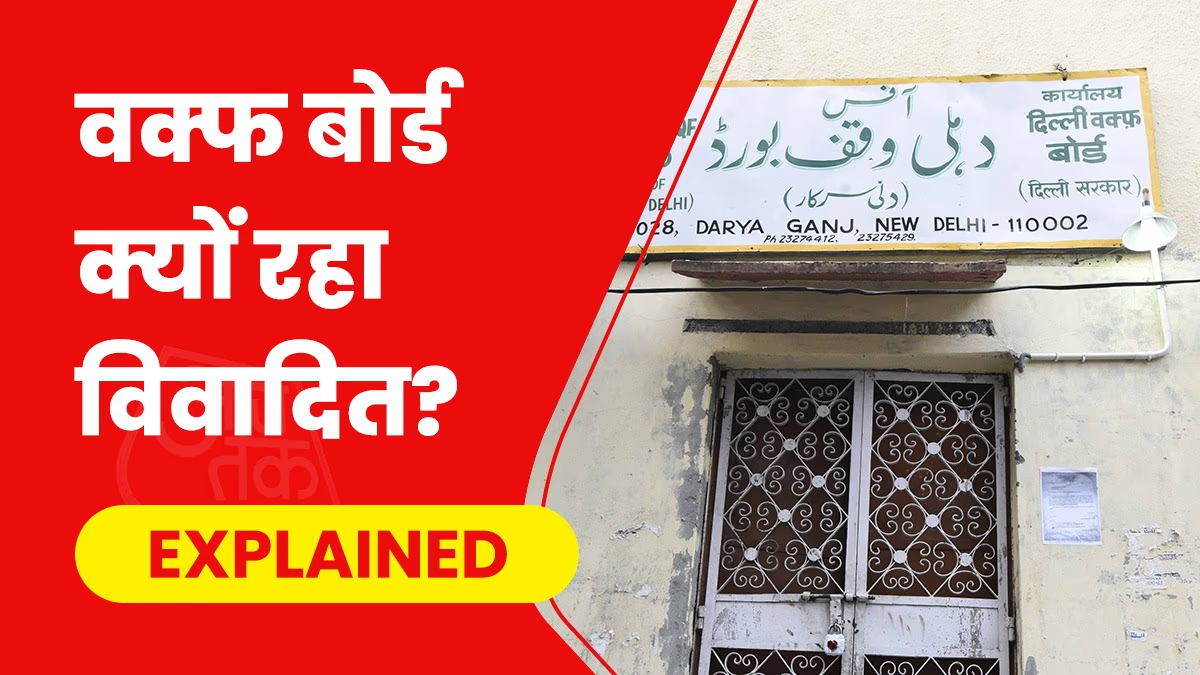The central government is considering reducing the powers of the Waqf Board. A bill to amend the Waqf Board Act will be presented in Parliament. Nearly 40 amendments could be made to the existing Waqf Act, which would restrict the Waqf's power to declare any land as its property and seize it. This proposal from the center is facing significant opposition. Learn more about what the Waqf Board is and how powerful it is.
What does Waqf mean?
Waqf is derived from the Arabic word 'Wakuf', meaning to stop or dedicate. Waqf refers to dedicating property for public welfare. In Islam, this is a kind of charitable endowment. Waqf properties can be both movable and immovable, and this wealth comes under the Waqf Board's jurisdiction.
Who can donate?
Any adult Muslim can donate their property to Waqf. While Waqf is a voluntary act, there's no compulsion. Apart from Waqf, another term prevalent in Islam for charity is Zakat, which is obligatory for financially capable Muslims. Annually, they donate 2.5% of their savings to those in need, known as Zakat.
How is the Waqf Board formed and how does it work?
The Waqf holds considerable property to ensure its maintenance and usage for charitable purposes, operating at local to national levels through various bodies collectively known as the Waqf Board. Almost every state has Sunni and Shia Waqf Boards. Their responsibilities include caring for the property, utilizing its income for charitable purposes, supporting the poor and needy, maintaining mosques and other religious institutions, providing education, and funding other religious activities.
The central government has established the Central Waqf Council to coordinate with the Waqf Boards. According to the Waqf Assets Management System of India, there are 30 Waqf Boards across the country, mostly headquartered in state capitals.

Source: aajtak
What is the Waqf law?
In 1954, during Nehru's government, the Waqf Act was passed, centralizing the management of Waqf properties. The Waqf Act of 1954 ensured the maintenance of these properties, and it has undergone several amendments since then.
Who are the members of the Board?
The Board includes a Survey Commissioner who keeps an account of the properties. It also comprises Muslim legislators, Muslim MPs, Muslim IAS officers, Muslim town planners, Muslim advocates, and Muslim intellectuals. The administrative officers in the Waqf Tribunal are decided by the state government, which often tries to form the Waqf Board with as many Muslims as possible.
Why has there been controversy?
There have been accusations that the government has granted the Board unlimited power. Waqf properties are given a special status, above other trusts. The Waqf Board has the right to inspect any property to determine if it is Waqf property. If the Board claims any property as theirs, it becomes significantly difficult to prove otherwise. Section 85 of the Waqf Act states that these decisions cannot be challenged in the High Court or the Supreme Court.
Several cases have emerged
Some time ago, BJP leader Harnath Singh accused the Tamil Nadu Waqf Board of claiming ownership over an entire village in Tiruchirapalli district. Similar cases have emerged in Solapur, Maharashtra and Uttar Pradesh, where the Waqf Board made large-scale claims on properties. Following these claims, the Yogi government ordered an investigation into all Waqf properties in 2022. However, the survey results have not yet been revealed.

Source: aajtak
What is the most controversial issue?
Whenever the Waqf Board creates a boundary around a graveyard, it often declares the surrounding land as its property. Although the law states that Waqf cannot claim private property, it becomes challenging to verify the ownership. Without solid documents, the land goes to Waqf, while the Waqf does not need to produce any paperwork to prove their claim.
How much property does the Board have?
- According to the Waqf Management System of India, there are around 855,000+ properties under Waqf in the country. - Waqf is the third-largest landowner in India, after the military and railways. - Uttar Pradesh holds the highest number of Waqf properties. - Sunni Waqf Board in UP has 210,239 properties, while Shia Waqf Board has 15,386 properties. - Thousands donate property to the board every year, continually increasing its wealth.
What is the government planning to do now?
The central government has proposed reducing the Waqf Board's unlimited powers. This includes making the verification of Waqf properties mandatory, as well as the verification of any properties where there is a suspicion of private ownership claimed by longstanding residents.
Who is opposing?
AIMIM Chief Asaduddin Owaisi expressed anger over the proposed amendments, claiming that the government wants to take away the Waqf Board's autonomy, which he argues is against religious freedom. Several Muslim organizations are also opposing the bill.




